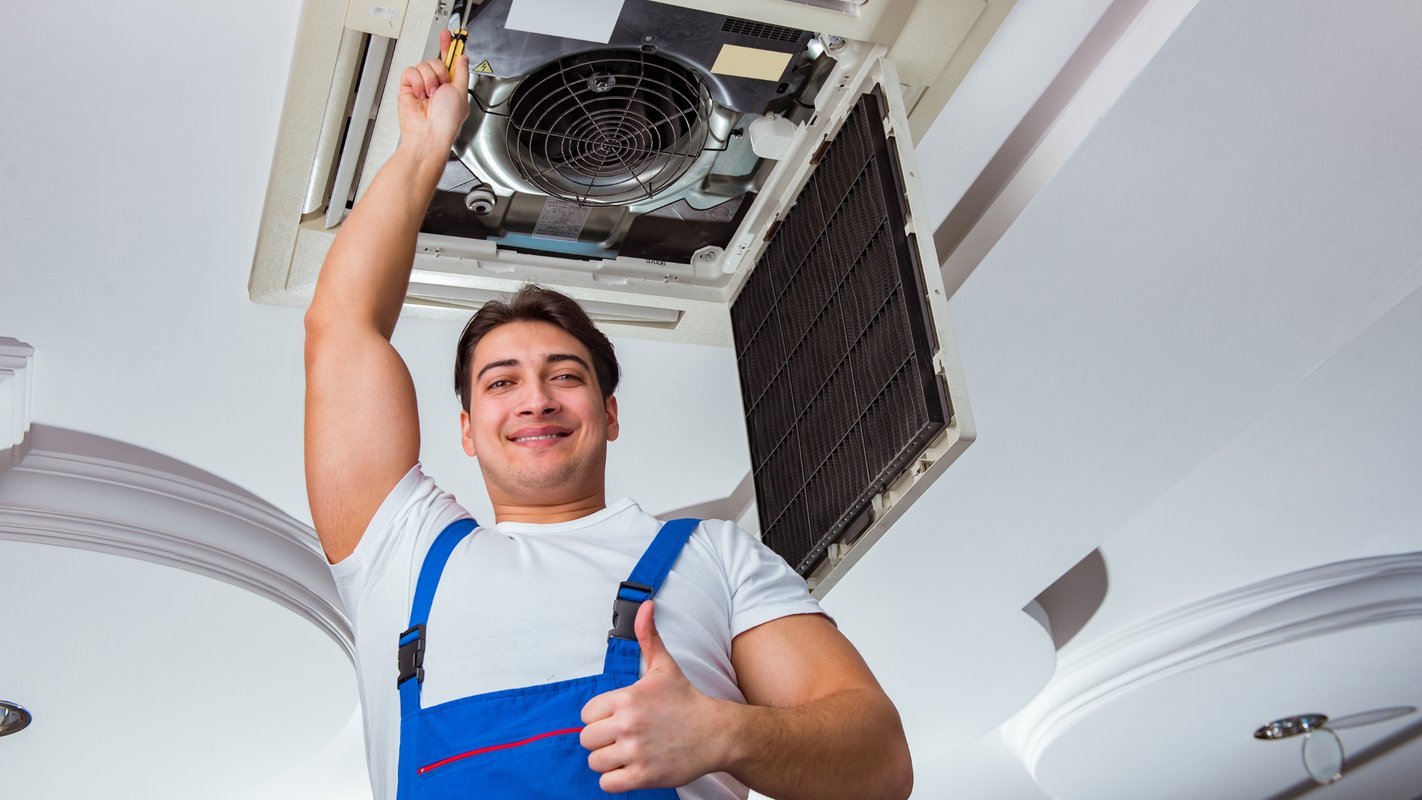How to Become a HVAC Technician in Florida (2024)

Looking to launch a high-paying career as a certified HVAC technician in Florida? With year-round demand for heating, ventilation, and air conditioning experts in the Sunshine State, skilled HVAC professionals are more sought-after than ever! This comprehensive guide covers everything you need to know about joining this growing trade. Learn how to start your journey in climate control technology, where experienced technicians can earn $75,000+ annually with overtime and emergency service calls!
Key Points
-
Licensed HVAC technicians install, troubleshoot, and maintain complex heating, ventilation, air conditioning, and refrigeration (HVAC/R) systems, working with advanced diagnostic tools and smart climate control technology in residential, commercial, and industrial settings.
-
Florida HVAC certification requirements include: completing a state-approved HVAC/R program, obtaining EPA Section 608 certification, passing the Florida HVAC contractor's exam, acquiring liability insurance, and securing a Class A or B Air Conditioning contractor's license through the Florida Department of Business and Professional Regulation.
-
HVAC training programs in Florida can last 6 months ($5,000-$8,000) to comprehensive 2-year associate degrees in HVAC technology ($15,000-$25,000).
-
Florida HVAC salary data shows certified technicians average $52,220 annually ($25.11/hour), with experienced commercial HVAC specialists earning $65,000-$85,000+.
How much does it cost to get HVAC certified in Florida?
The cost of getting HVAC certified in Florida can vary. The Certified Class A Florida HVAC License will cost you $355 and a $125 fee if you want to renew your certification.
How much do HVAC techs make in Florida?
HVAC technician salaries in Florida can range from $35,810 to $70,110. However, the average HVAC tech makes $49,210 per year according to U.S. BLS May 2023 data.
How much is HVAC school in Florida?
HVAC school in Florida typically costs between $1,200 and $15,000, depending on the length and type of program.
What are the four types of contractor licenses in Florida?
When it comes to HVAC work in Florida, there are four main types of contractor licenses:
Class A and B Licenses
- Class A: This is the top tier, allowing you to work on HVAC units of any size.
- Class B: This limits you to units with a cooling capacity of 25 tons or less and a heating capacity of 500,000 BTU or less.
A Note on Class C Licenses
Class C licenses were discontinued in 1988. However, if you held one before that date, it's still valid in Florida. The ideal license for you depends on the scale of your HVAC projects. If you plan to work on large commercial buildings or industrial facilities, a Class A license is essential. For smaller residential and commercial projects, a Class B license may be enough.
How long does it take to get HVAC certified in Florida?
The time to become a certified HVAC technician varies by program. Here are the typical options:
- Diploma/Certificate: Takes 6 months to 1 year, focusing on essential HVAC skills for quick entry into the workforce.
- Associate Degree: Around 2 years, including both HVAC training and general education, which can open up more career paths.
Some programs may offer faster, accelerated options depending on the school and student schedule.
How do I get an HVAC license in Florida with my work experience?
You must have a combination of any of the following:
- Bachelor's degree in related field + 1 year or 2,000 hours of experience; or
- 4 years of apprenticeship through an apprenticeship program, including 1 year as foreman; or
- 1 year as foreman + 3 years of college credits; or
- 1 year as worker + 1 year as foreman + 2 years of college credits, or
- 2 years as worker + 1 year as foreman + 1 year of college credits.
Where Does an HVAC Technician Work?
HVAC Technicians can find employment in a variety of settings, including:
- Residential homes
- Commercial buildings (offices, retail stores, restaurants, etc.)
- Industrial facilities
- Hospitals and other healthcare facilities
- New construction sites
What states have the highest employment level for HVAC Technicians?
Based on data from the BLS, the top 5 states with the highest employment levels for HVAC technicians include Florida, California, Texas, New York, and Pennsylvania.
What career paths and opportunities are there after becoming an HVAC Technician?
After becoming an HVAC Technician, you can explore various career paths and opportunities, such as:
- Specializing in a particular HVAC system or equipment type;
- Advancing to a supervisory or management role;
- Starting your own HVAC contracting business, and
- Becoming an HVAC instructor or trainer.
Final Thoughts
If this career doesn't align with your preferences, explore these other options:

Athena is Co-founder and CEO of Dreambound.



